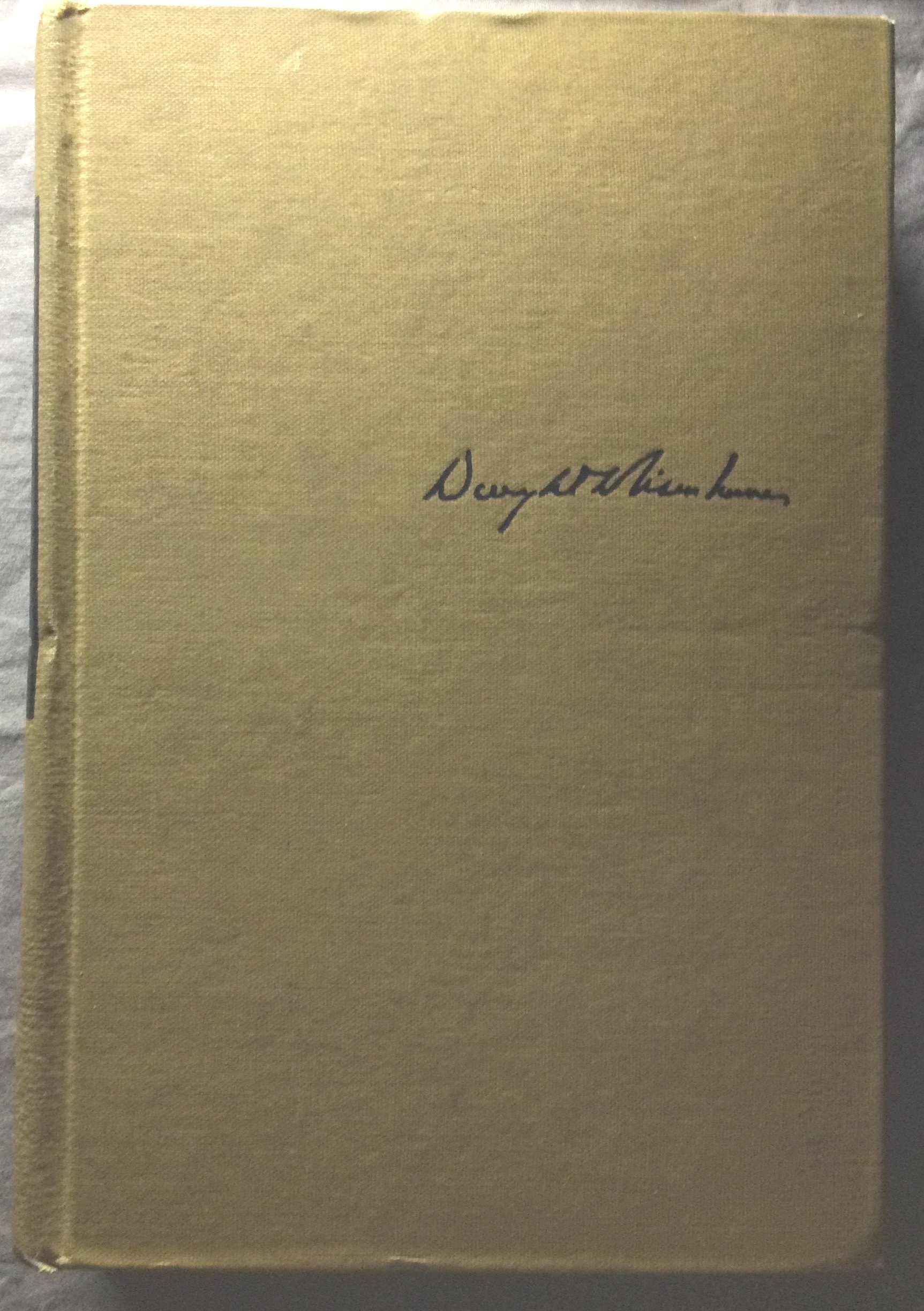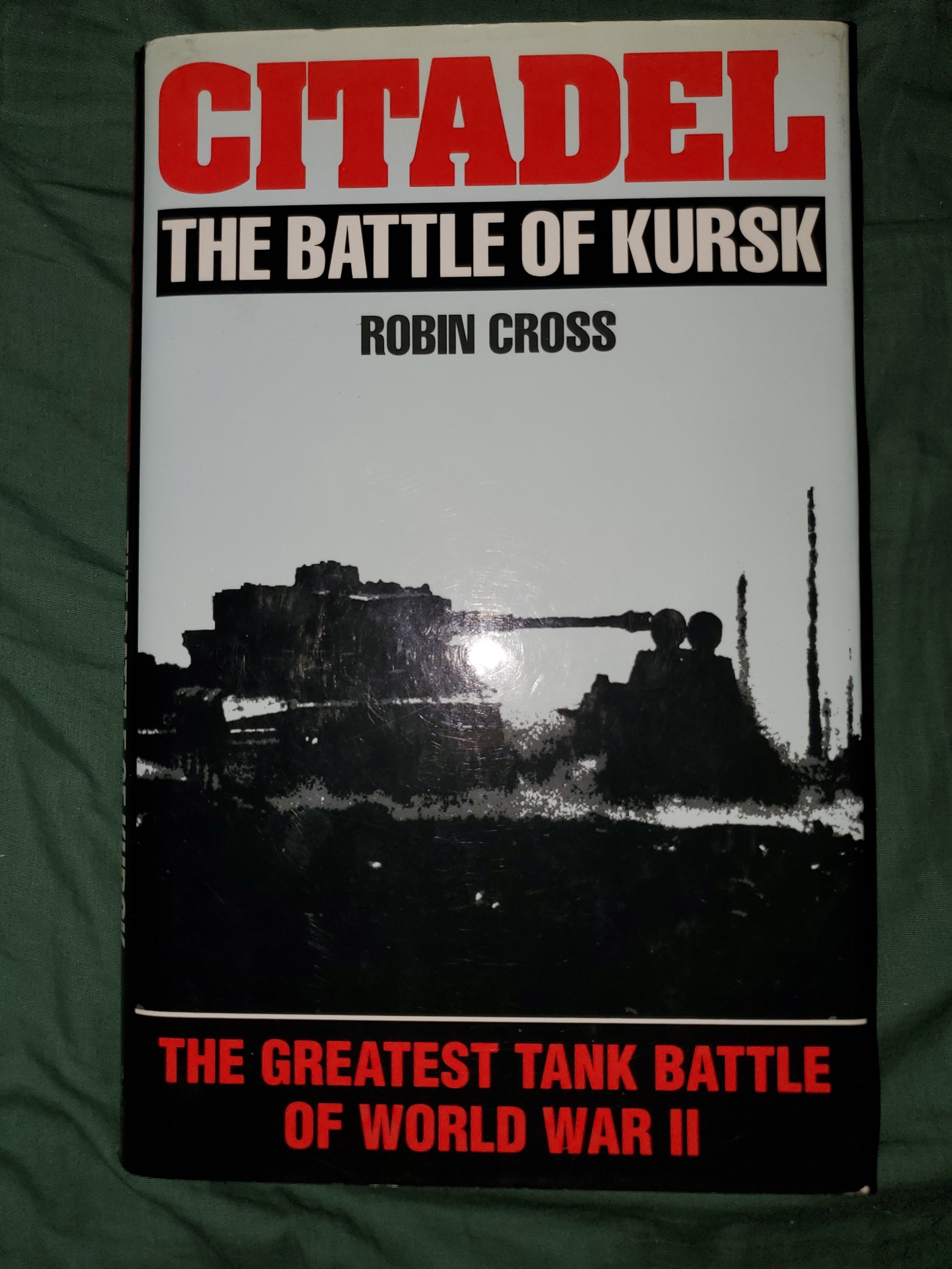 Image 1 of 1
Image 1 of 1


The Air War, 1939-1945
Author - R. J. Overy
Year published - 1980
Published by - Stein and Day
Book Format - Hard Cover
Genre - World War 2 - General
Summary
Originally published in 1980 and still the best one-volume aerial history of World War II, Richard Overy's classic work remains profound and highly origi-nal. Far from just an account of the various air battles, Professor Overy treats the air war as a complex and fascinating historical web, woven out of grand strategy, economic mobilization, the recruitment of science, and the nature of leadership and training. Analyzing the achievements and failures of the aerial component of the war, he places it in perspective by explaining the role aviation played in the overall conflict. He points out that while the Axis powers tended to limit their use of air power to one major role, such as support of ground forces, the Allies exploited all aspects of aerial doctrine: air defense, strategic bombardment, air-naval cooperation, and ground support. He also demonstrates how aircraft ensured that the Second World War became a people's war and how success in the air war was, in a very real sense, a test of a nation's modernity. The air war was won and lost not only in the skies but also in the factories and the research institutes. Finally, the author dispels many popular myths and in particular reveals that although air power in the form of strategic bombing by itself did not deter-mine the war's final outcome, its use dramatically illustrated the complexities of managing modern war. Richard Overy's The Air War thus deepens our under-standing not only of World War II but of military history in general.
Notes - Book club edition
Author - R. J. Overy
Year published - 1980
Published by - Stein and Day
Book Format - Hard Cover
Genre - World War 2 - General
Summary
Originally published in 1980 and still the best one-volume aerial history of World War II, Richard Overy's classic work remains profound and highly origi-nal. Far from just an account of the various air battles, Professor Overy treats the air war as a complex and fascinating historical web, woven out of grand strategy, economic mobilization, the recruitment of science, and the nature of leadership and training. Analyzing the achievements and failures of the aerial component of the war, he places it in perspective by explaining the role aviation played in the overall conflict. He points out that while the Axis powers tended to limit their use of air power to one major role, such as support of ground forces, the Allies exploited all aspects of aerial doctrine: air defense, strategic bombardment, air-naval cooperation, and ground support. He also demonstrates how aircraft ensured that the Second World War became a people's war and how success in the air war was, in a very real sense, a test of a nation's modernity. The air war was won and lost not only in the skies but also in the factories and the research institutes. Finally, the author dispels many popular myths and in particular reveals that although air power in the form of strategic bombing by itself did not deter-mine the war's final outcome, its use dramatically illustrated the complexities of managing modern war. Richard Overy's The Air War thus deepens our under-standing not only of World War II but of military history in general.
Notes - Book club edition





